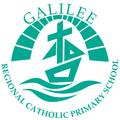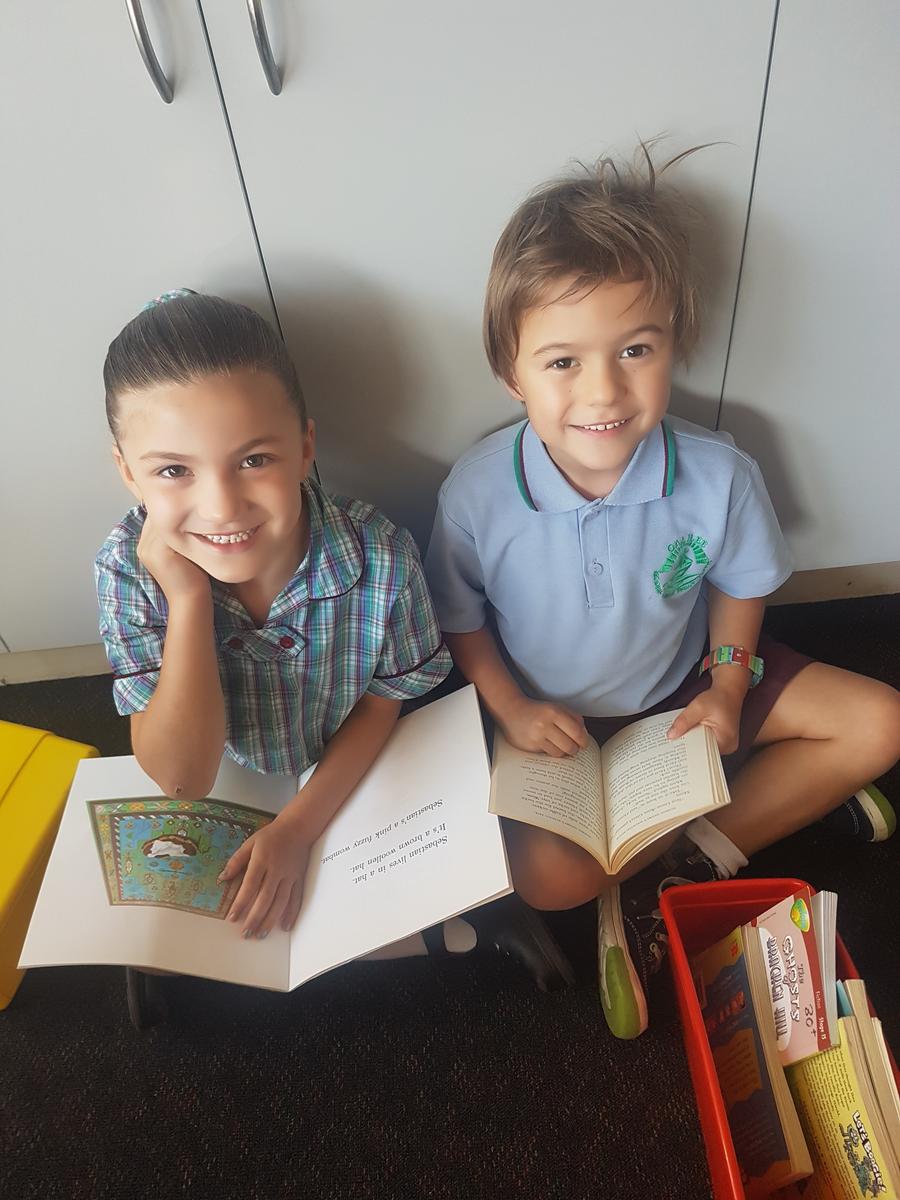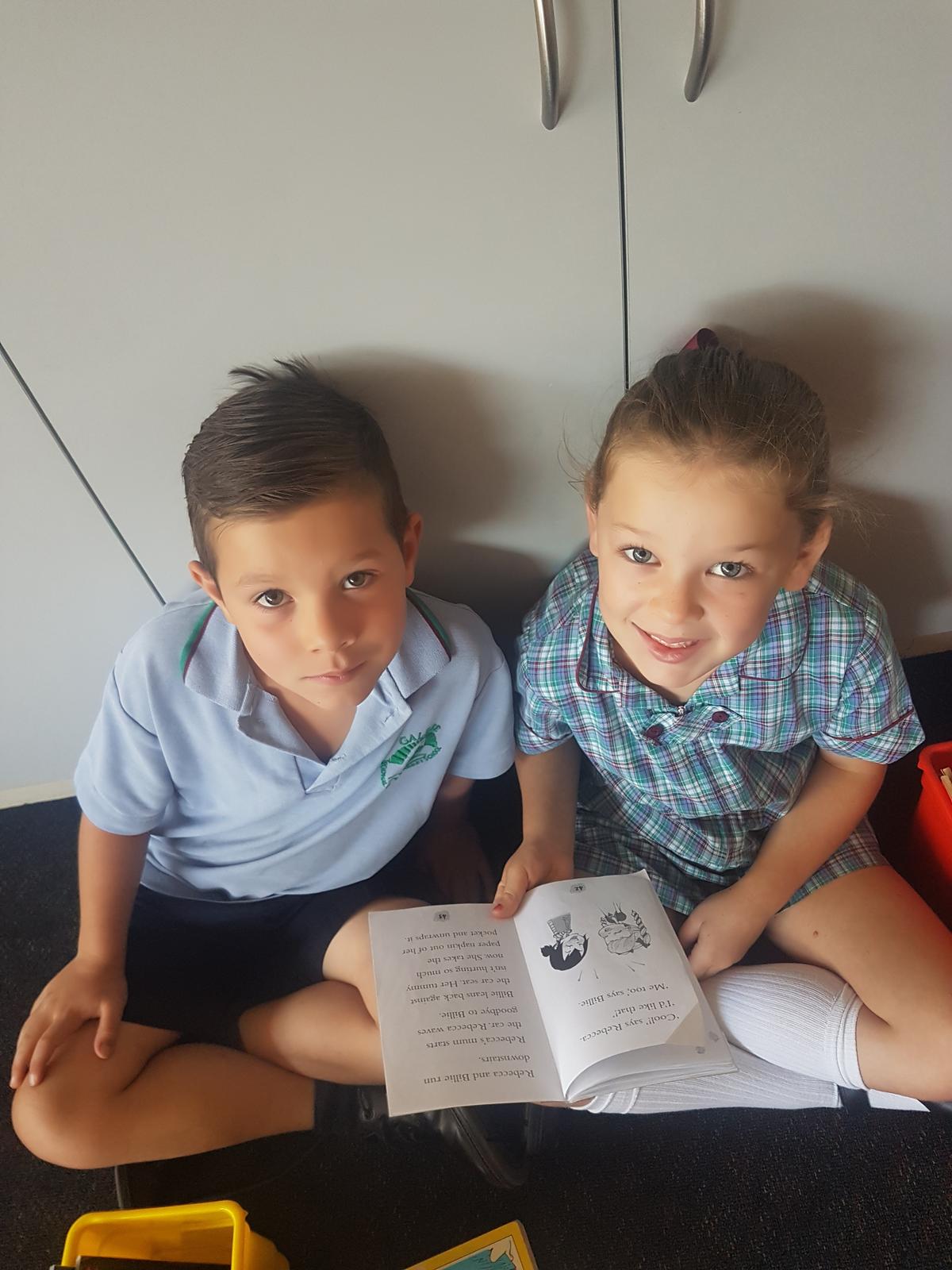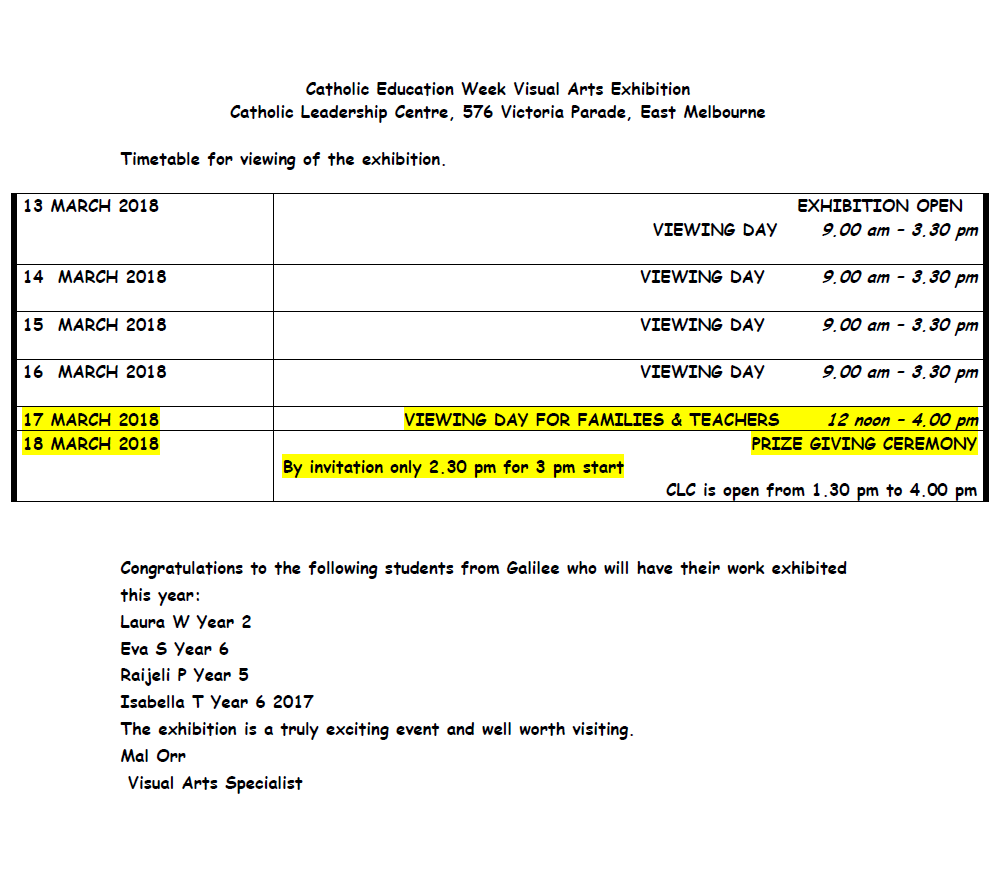Learning and Teaching
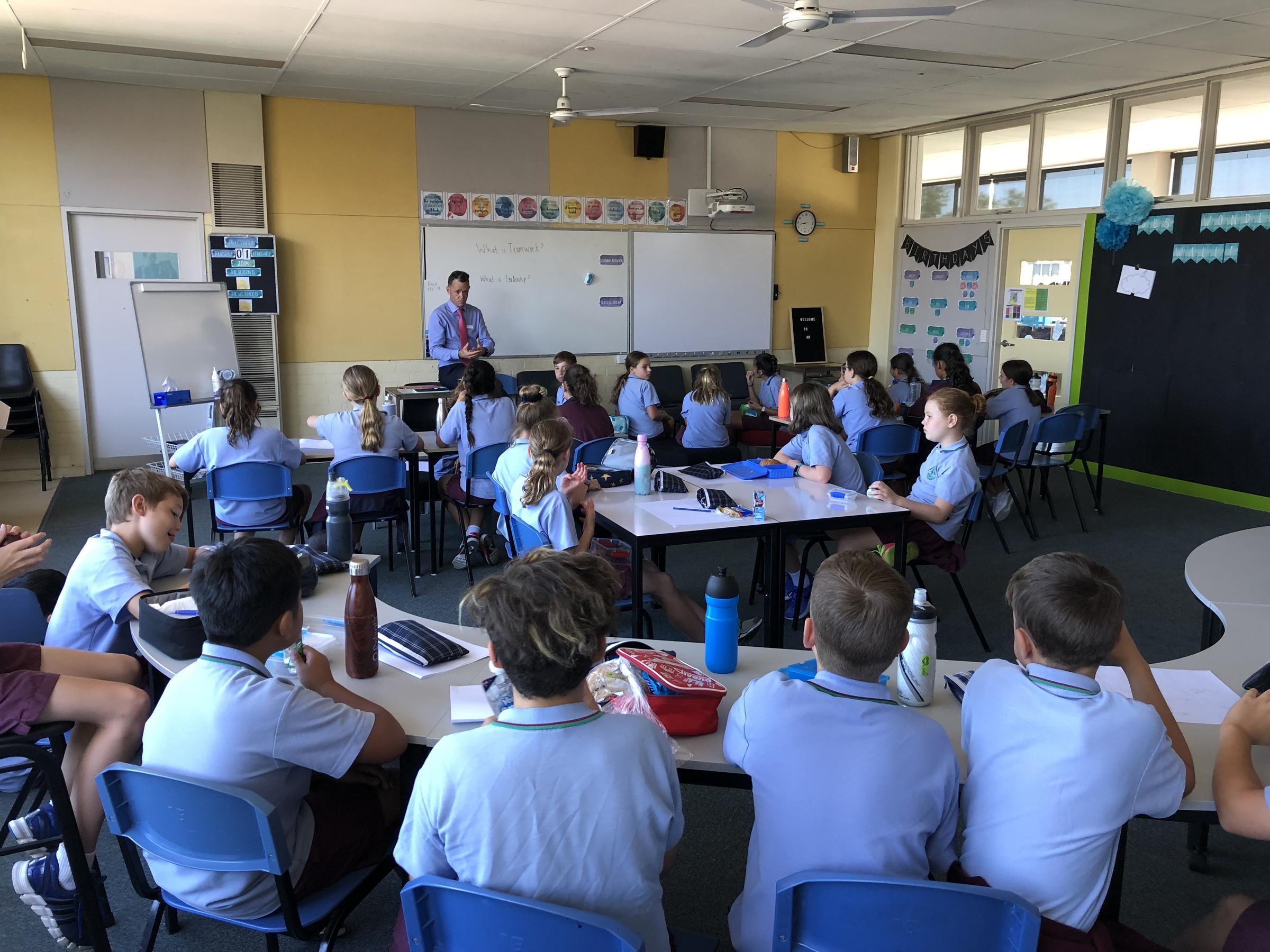
Daily 5 and CAFE Reading
The Daily Five is a way of structuring the reading block so every student is independently engaged in meaningful literacy tasks. These research based tasks are ones that will have the biggest impact on student reading and writing achievement, as well as help foster children who love to read and write. Students receive explicit whole group instruction and then are given independent practice time to read and write independently while teachers provide focused, intense instruction to individuals and small groups of students.
During literacy time in our classrooms we will use the Daily 5 structure. At the beginning, this structure is put into place helping teach children to be independent on literacy tasks. Once students are taught the behaviours of the tasks and build their stamina for independence, teachers will be able to work with individuals and small groups. We also use CAFE, which is a visual aid for organising the reading strategies your children will be learning to read books at their own level.
Children will be taught to select “Good Fit Books”; books they can read, understand and are interested in, which they will read during Daily 5. They will be spending most of their time actually reading, which research supports as the number one way to improve reading. I anticipate the motivation and enjoyment of reading will skyrocket when this gift of choosing their own books is accompanied by extended practice and specific reading instruction for each individual child.
Once children are taught to build their stamina they will be engaged each day in these research-based meaningful tasks:
- Read to self
- Work on writing
- Word Work
- Listen to reading
- Read to Someone
While the students are engaged in their literacy choices, teachers will be teaching small groups and individuals, so everyone can get the just-in-time instruction they need to reach their full literacy potential.
CAFE is the organisation of the reading strategies taught during the Daily 5 time. CAFE is the acronym for the four major components of reading:
- C for Comprehension
- A for Accuracy
- F for Fluency
- E for Expanding Vocabulary
Children will learn reading strategies within each category. These strategies will become tools they learn and apply to help them become better readers and writers.
Visual Arts Exhibition @ Catholic Leadership Centre
Number Intervention
Jane Ferris
jferris@gsmelbournesth.catholic.edu.au
Number Intervention – Parent Helpers: On Friday last week, we had the first of the Parent Helper sessions for Number Intervention. Thank you to the wonderful parents who gave up their time to complete the introductory training session, and to the delightful Year One children who assisted us. We also welcomed two Learning Support Officers from a nearby Catholic school, who are interested in introducing our programme at their school.
The second session of Number Intervention training will commence at 9.45am on Friday, March 9, following the Introduction to Classroom Help.
Please contact me via email (above) if you would like to take part in parent training in Number Intervention in 2018. This training enables you to work with individual children (not necessarily your own child), following a sequential programme. We will begin in Years One and Two this semester and include Prep children in Semester 2. The training also helps you when working with your own children at home. I appreciate very much your ongoing support and look forward to another great year of Number Intervention!
